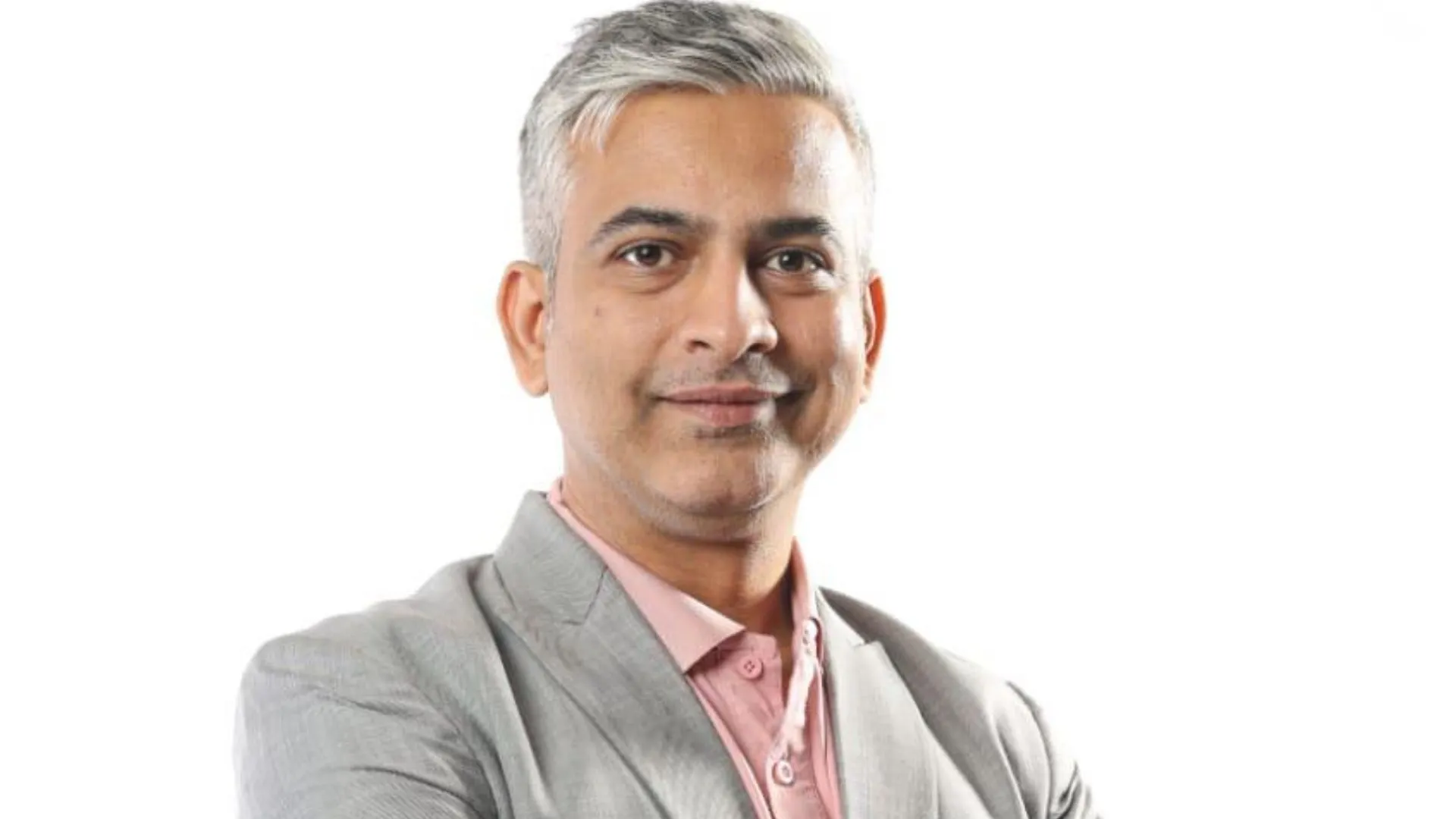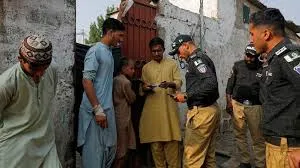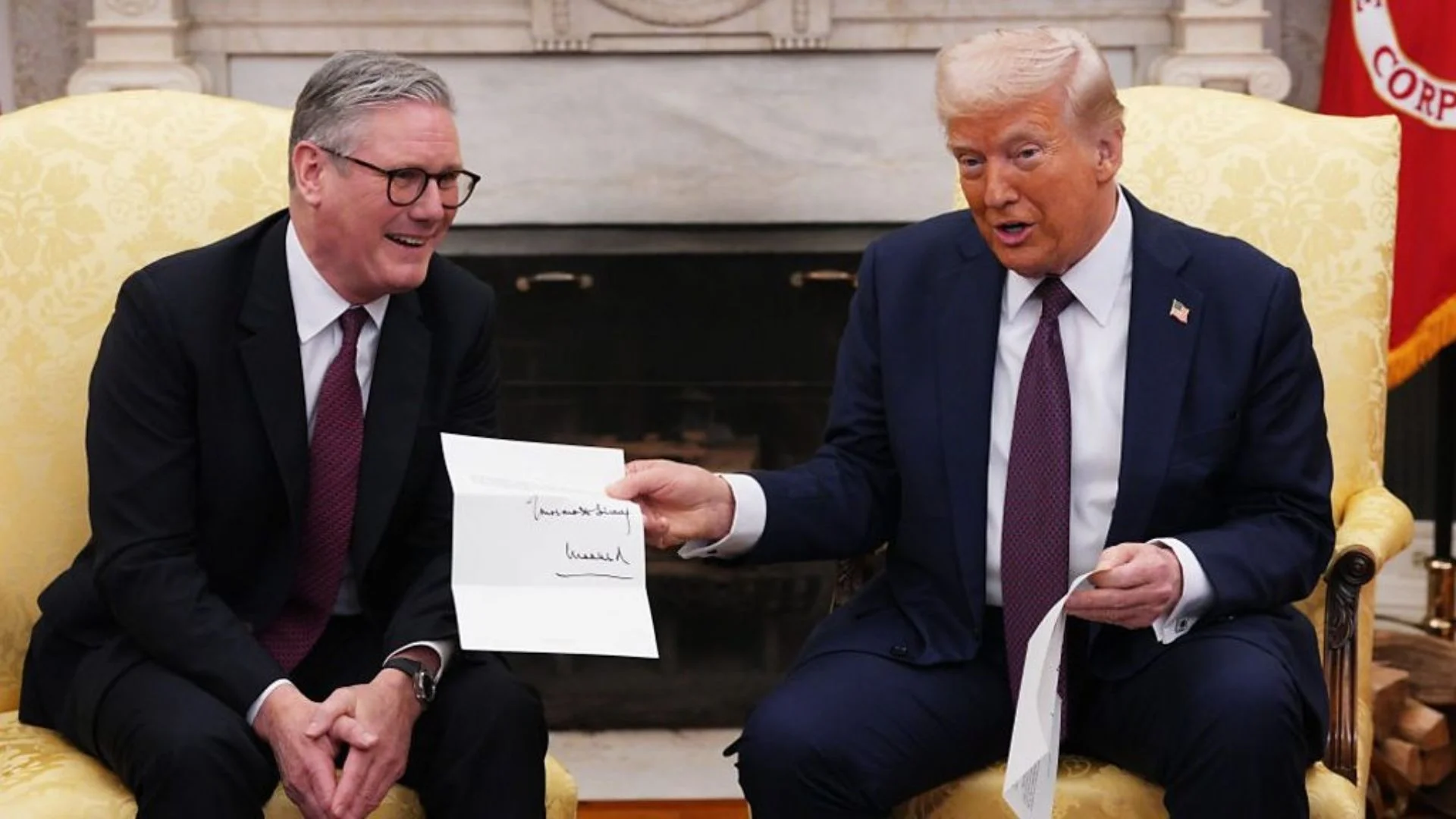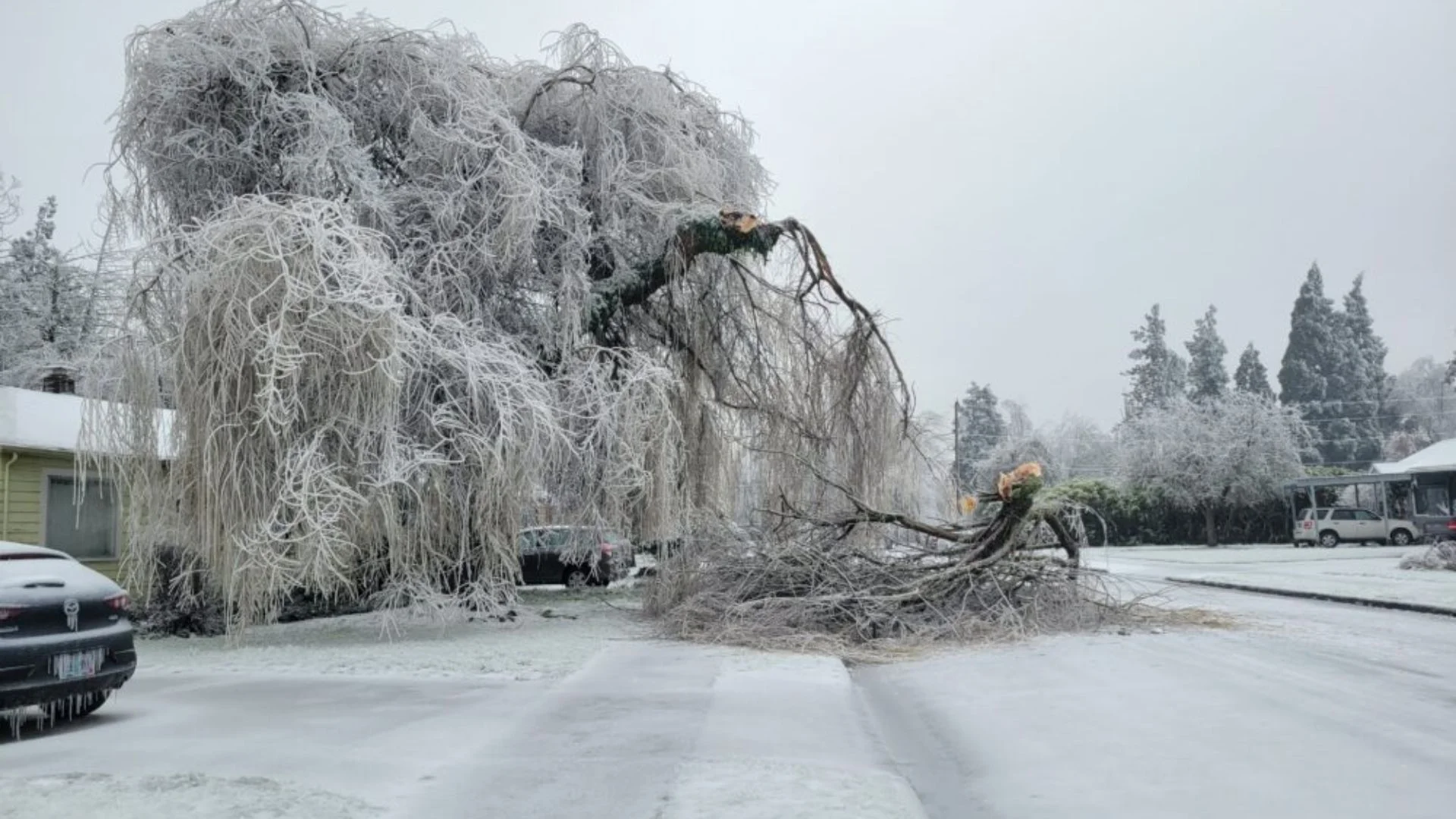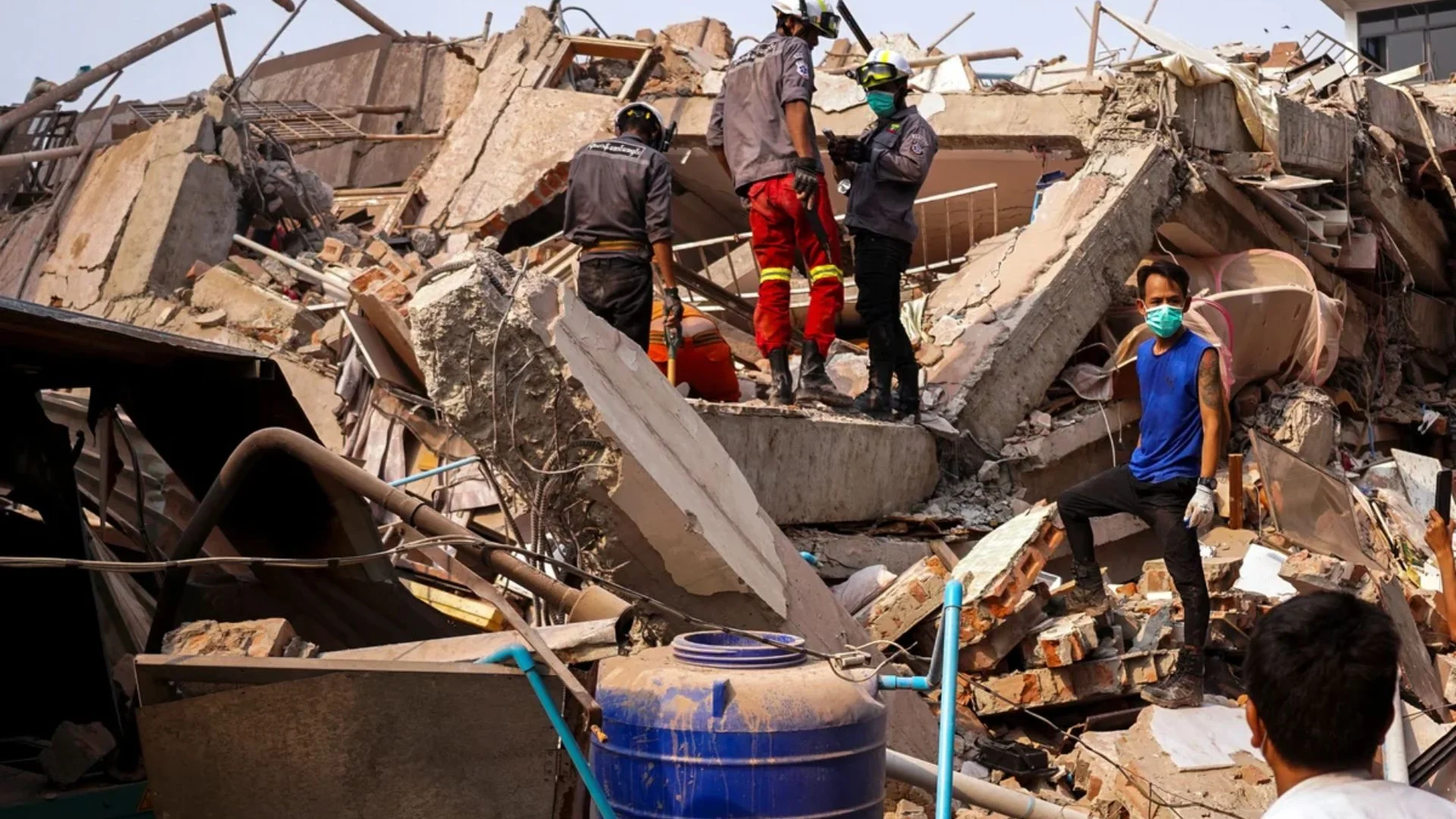The big change in perception of the world and knowledge comes from the erasing of boundaries between fields of study. There is so much to comprehend and intellect in human experience that staying restricted within learning territories seems sacrilegious. Often, in social interaction, one can notice how some persons are not granted sufficient space while many others lord over every space. A concept from postcolonial theory comes to mind in this situation.
The word ‘other’ was used by Edward Said in 1979 in order to describe the Western representation of the countries of the Orient as the ‘other’- non-European, less-developed and a homogeneous mass led by the base emotions of terror, fury and lust. For Said and many other literary critics, ‘othering’ is the process whereby the well-developed world perceives itself as superior to the rest of the world, dividing the universe into two categories- ‘us’ and ‘others’.
Of course, later on this discourse of the other spilled into a full-fledged literary debate based on a postcolonial re-reading of so many seemingly-innocent texts such as ‘Brave New World’ and ‘Jane Eyre’ in which any individual who is non-western becomes the ‘other’, inferior. In countless situations in daily life, do all human beings perform this act of othering? In order to answer this question, one would need to understand the complete social intricacy of the system and how it works.
To take an instance of defying othering, the classic insistence of India on ‘Vasudhaiva Kutumbakam’ or ‘the world is one family’ dates back to the previous century and the whole discourse of ‘One World’. Time and again, it has defined foreign policy as well. But the reality of a family as one unit does display a dysfunctional existence with each member trying to subvert authority, serve the self and strike out individually. Would this imply that the family unit is a figment of imagination?
Obviously, there is more to this whole paradigm of othering than what is perceived on the surface. Psychologists point to outgroup homogeneity as a big part of othering, which is perceiving large groups of persons as a clump of one kind of human, without any distinguishing individual traits. As, for instance, many teachers tend to put slow learners under one umbrella. Introspection and realization can be tools to overcome derogatory generalisation.
The world is threatened by so much at any point of time. As a community, many a time a connect forms across all boundaries when a struggle is taking place against a common enemy. It could be a neighbouring country threatening a frontier or the struggle for survival during a pandemic or a simple shortage of a certain necessity- in the contemporary world the ecology of the earth is a matter of concern: all these are instances of a context in which everyone unites. Such superordinate goals could be a strong response to and a clampdown on othering.
Perhaps the answer to force stop othering lies in the daily small acts we all perform. Bereavement in another’s home and our reaction, the failure of someone else and our comment along with another’s success and our reservations; all such and many similar small episodes could be a space for critical thought and self-monitoring. It looks tougher than it is.
The expression, Vasudhaiva Kutumbakam comes from the Maha Upanishad, which states:
“This is mine, that is his, say the small-minded,
The wise believe that the entire world is a family.”
Who is the other?






